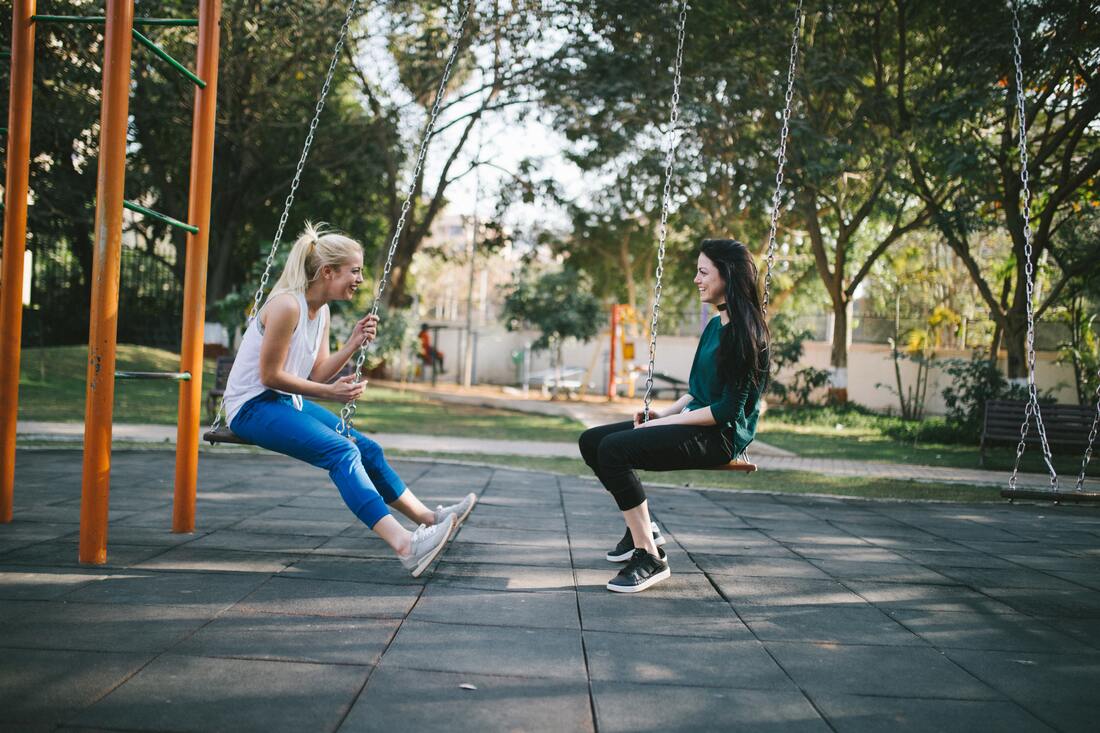|
It has been a popular trend on social media about how to ruthlessly cut out and eliminate toxic people, suggesting that this toxic person is a poison that needs to be eradicated from our lives altogether. While I have considered the idea and have somewhat enjoyed the idea of living free from guilt or shame in not having a person in my life who has hurt me, something about this just does not feel right. Do you ever wonder that by cutting toxic people out of your life, whether you have become a little toxic yourself? The exception to this is abusive behaviour in any form: verbal, emotional, physical, and sexual abuse. Here is where I think it is appropriate to have firm boundaries and step away from these relationships whenever possible. But for a large majority of the posts on social media, these are not often examples of abusive relationships. When you dehumanize people by calling them toxic or likening them to a poison or disease, you lose your sense of morality and humanity. This happens because it is easier psychologically to cope with difficult and upsetting feelings in relationships when we do not see that person as human or we see them as being bad or a villain. Even toxic people are people; they are often people who are struggling, who are marginalized, who experience mental health issues, and are often hurting themselves. I am not making excuses for the unhealthy behaviour of others; they still need to be held accountable for their actions, but when I take a closer and more empathetic look, I can understand a little bit better. No human is perfect, people make mistakes, and therefore, no relationship is perfect. Truly in life many of our most fulfilling relationships can be difficult at times. Simply put, it is not practical to eliminate or sever our relationships with anyone that has negatively affected us. Consider being hurt by a family member, a partner, a friend, a coworker, or a child. If we severed ties with everyone who has hurt us, we might find ourselves very alone. So, what can be done? How do we deal with people who have hurt us? Can this be reframed to include more compassion and empathy? Yes. You can do this not by eliminating everyone who has hurt you in life, but through setting healthy boundaries, forgiveness, and healing. Through boundaries we teach others:
If we invest our time and energy in the relationship, which is the opposite of what we want to do sometimes because it is hard and difficult, then we may find ourselves in a position of healthier, more emotionally connected, and fulfilling relationships. Unfortunately, we may also find that the other person is not able to invest in the relationship in the same way and these reasons may be known or unknown to us. As a result, we may need to re-evaluate the relationship. We may need to consider whether there is more time and energy that needs to be invested or whether moving on is necessary until that person is better able invest their own time and effort into the relationship. Interestingly, much of the time the other person may have no idea how they have hurt or impacted you! This is why it is important to openly communicate your own feelings and emotions by telling the other person how you feel and how their behaviour has impacted you. Cutting someone out of your life without having these conversations does not allow the other person to compromise, to make healthy changes, or to invest in their relationship with you. “I was in the 5th grade and one of the girls passed me a note. In the note, she explained that I had said something that made her feel upset, like we weren’t friends. Up until that point, it had never occurred to me that my jokes could have truly hurt her feelings. If she hadn’t said something to me, I still wouldn’t understand why I would have lost her as a friend. If she had confronted me, made me feel ashamed, or blasted me as a toxic person, our relationship would never recover. But she approached me gently, let me know what I did that hurt her, and reminded me that she still wanted to be my friend as long as I didn’t repeat the behaviour." Remember a time in your own life or even imagine what it would be like to have done something stupid, to have made a big mistake, and to have someone else not give up on you, to forgive you, and to grow through what you go through. This shift in how we look at others and our relationships can be empowering and can empower healthy change not only in others, but in ourselves!
|
|
OverviewNWO’s source for all things relationships, mental health, wellness, lifestyle, and pandemic support. Kelly Magazine is a mental health outreach initiative created by Kelly Mental Health and supported by Kelly Mental Health Foundation, a non-profit organization dedicated to improving the community in the area of mental health.
|
Magazine |
Follow Us |
In support of @kellymentalhealthfndn |
© COPYRIGHT. ALL RIGHTS RESERVED. WEB DESIGN BY KMH





